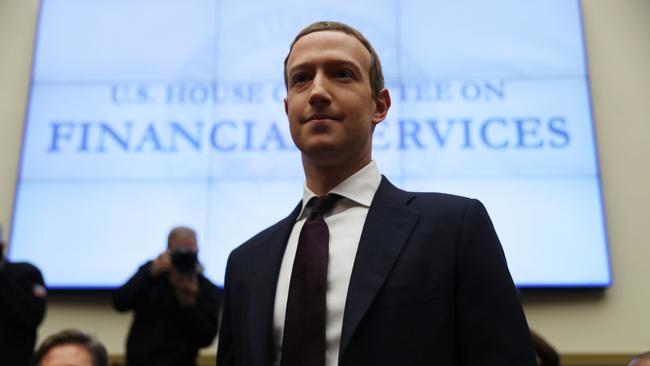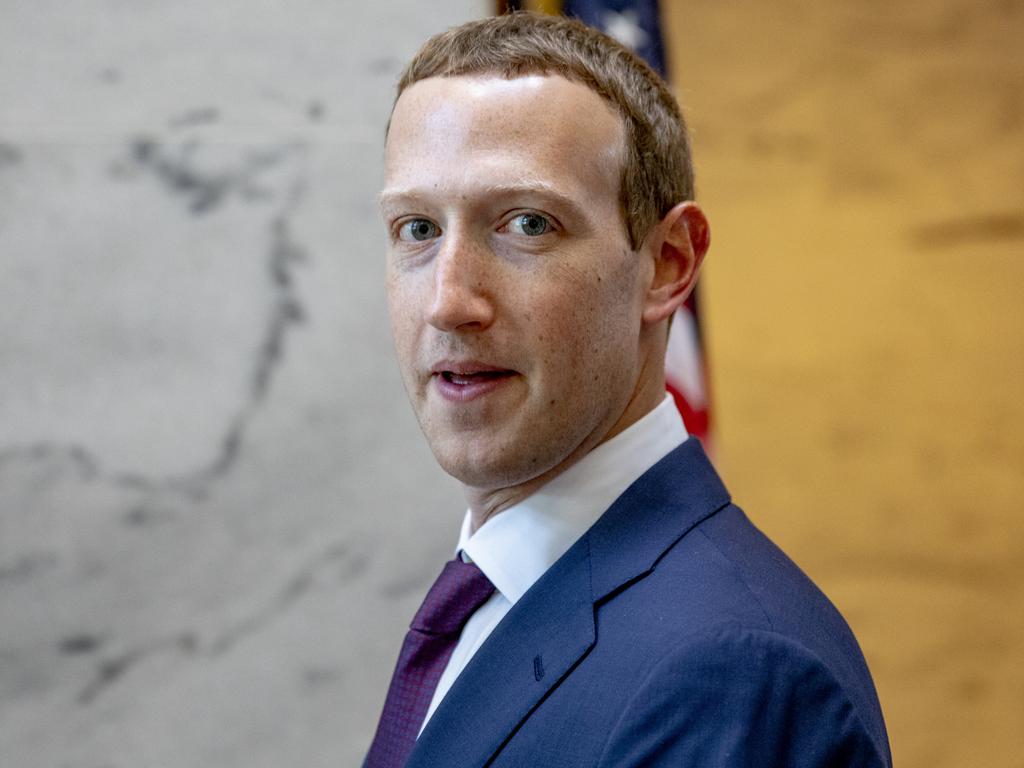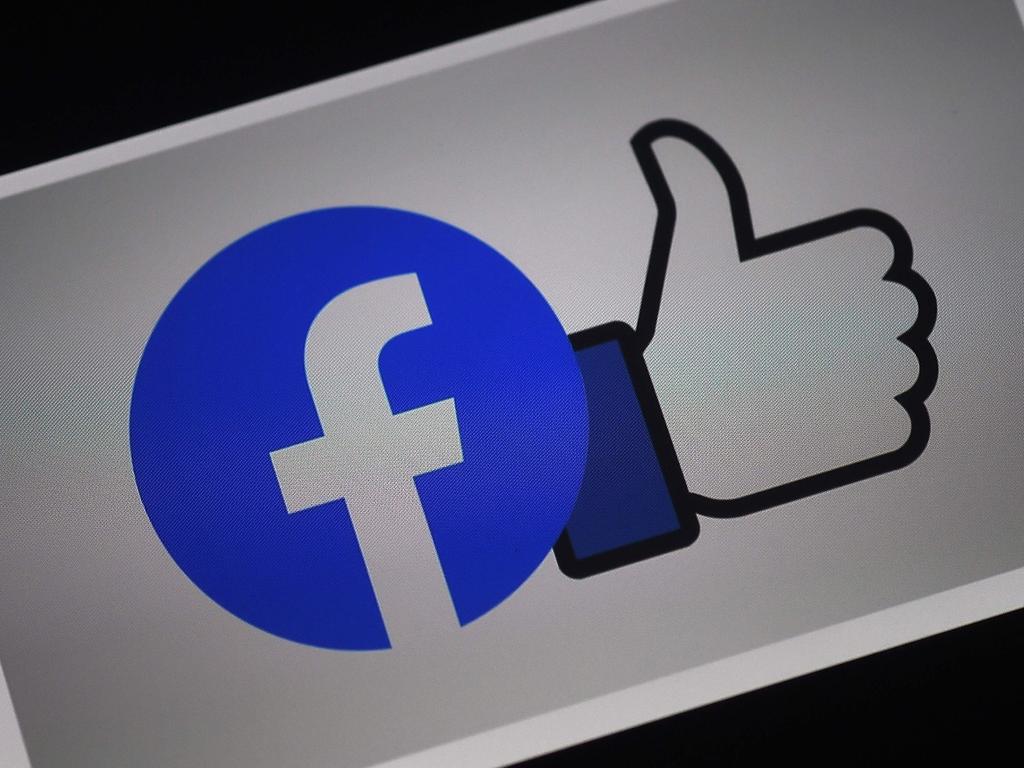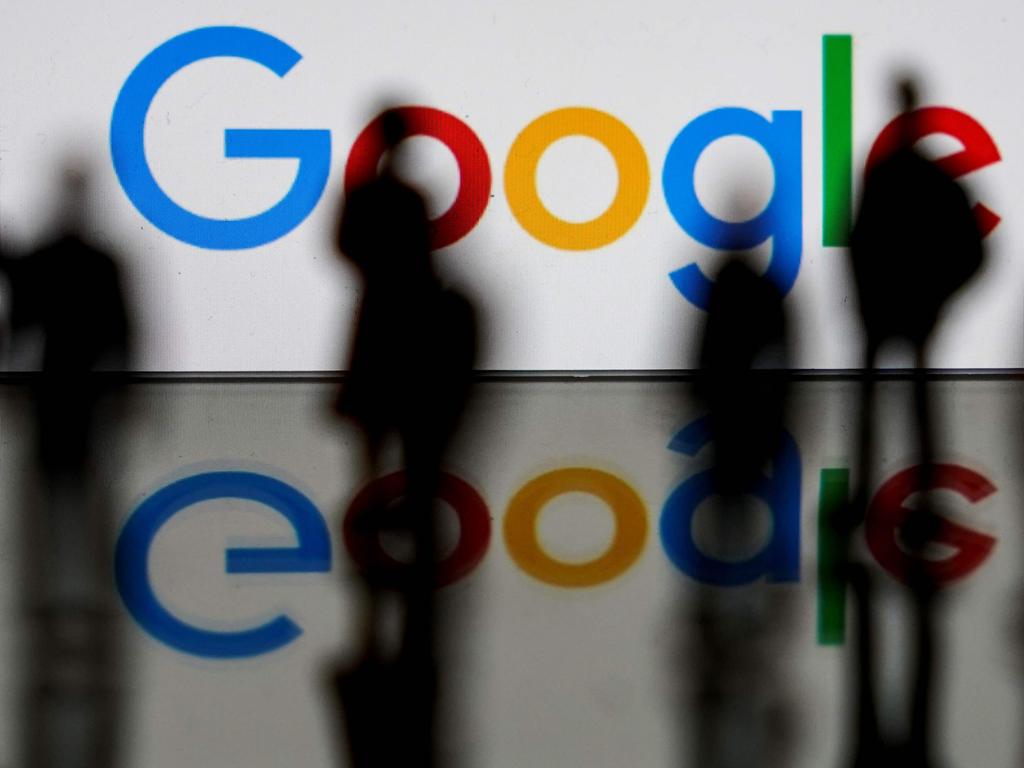Facebook’s appalling behaviour is just the start
It would be naive to think Facebook and Google don’t harm consumers just because they are ‘free.’

It was simple back then, more like a digital year book, where students listed their interests, political views, “relationship status”, and occasionally “poked” one another for fun.
By the time I returned a few years later, everyone’s aunty was adding them as a friend.
Launched in 2004 in Harvard, Facebook grew rapidly from the preserve of graduate students to having about 2.8 billion active users worldwide, making it one of the most successful products ever.
The platform has since become bewilderingly sophisticated, generating a wealth of information on individual users that Facebook sold, globally, to advertisers for a staggering $US69bn in 2019, up 27 per cent from the previous year.
The company blocked all news content produced by Australian media from being shared on Facebook anywhere in the world this week, seeking to avoid having to pay local publishers a fair price for the contribution they make to the appeal of the Facebook platform.
The federal government is pressing ahead with recommendations made by the competition regulator in 2019 to require digital platforms such as Facebook and Google to negotiate with Australian publishers and strike a deal.
Facebook must think the inability of users to see links to Australian news articles won’t tarnish its product. Time will tell. In the meantime, the company looks isolated, arrogant, and greedy.
Google, which has recognised the value journalism adds to its search engine, has struck deals with all the major Australian publishers over the past fortnight. With about $5bn a year in advertising revenues in Australia alone, it will survive.
Google search will continue to give Australian users the world’s knowledge at their fingertips. Facebook, meanwhile, will become an even more mindless waste of time than it is now.
Critics of the government’s incoming media code say why not insist Google and Facebook compensate every business that has a website people can search for.
That ignores two facts. First, those other businesses, unlike traditional media, didn’t rely heavily on advertising revenue to pay the bills.
Second, a well-resourced private media is a critical part of a liberal democracy. The ABC performs a valuable service, but ultimately public broadcasters are naturally less likely to be as critical of the entity that funds it.
The number of news stories published has fallen significantly from a decade ago, as newsrooms and their resources have shrunk.
The ACCC’s media code is a more elegant way of channelling a small share of those advertising dollars back to the media, rather than having the government tax the tech giants first and then pass the funds on somehow, which is how European countries have approached the problem so far.
A media with a reliable stream of advertising revenue, even if it’s sourced via the tech platforms, can more easily tell readers and viewers what it thinks they should hear, rather than what they want to hear.
Quite beyond their impact on the media, the digital tech platforms present an unprecedented challenge to governments and free societies. They are not “just another private business” like the local corner store.
No matter how large US energy giant Standard Oil was before it was famously broken up in 1911, it didn’t also control the flow of all digital information. It might have charged consumers too much, but it couldn’t distort their beliefs or opinions.
Moreover, that conventional solution — break up — doesn’t work for tech platforms. It is their very size that makes Facebook and Google so effective at what they do. They enjoy powerful network effects — the more people that use them the more useful they are. They are natural monopolies: the cost of supplying one extra user is zero.
It would be naive to think Facebook and Google don’t harm consumers because they are “free”. Those hundreds of billions in revenue come from advertisers, who naturally recoup the costs through the prices of goods and services. Consumers are ultimately paying. If tech giants earned a normal rate of profit, they would be paying users for their valuable information.
An even bigger risk of tech platforms is not the excessive profits they extract from the economy at large — which in theory could be taxed away. It is their control of information.
One of the most extraordinary and worrying developments over the past year, for me at least, has been how Facebook, along with Google and Twitter, began to censor opinions they didn’t like, from those of former president Donald Trump to Australian backbencher MP Craig Kelly.
Twitter’s banning of the former US president could have been as much about cosying up to the incoming Biden administration as it was genuine concern about Trump’s tweets. Muffling individuals who are critical of “public health” messages maybe as much about illustrating to governments how useful they can be, rather than actual concern about the state of nursing homes.
This is the problem. To avoid taxation, they may seek to become closer to governments, tacitly undertaking to help with government “messaging” in return for lighter taxation or regulation than otherwise.
The government’s forthcoming media code looks to have had significant success before it’s even legislated. Even if Facebook ultimately comes to the party, the code won’t stop tech giants from muzzling other voices, for whatever reason.
It’s been fashionable for some time to believe China would become more like the West over time. The past year has suggested Western countries are capable of becoming more like China.







When I arrived in Oxford to study in 2005, I found everyone was using something called Facebook, a brilliant new online platform for cataloguing friends and snooping on others.